A Quiet Reflection on Roxane Gay’s Radical Love
by Rafiq TaylorOn Sunday, October 27th, I had the pleasure of attending the second annual CAAMCon at the California African American Museum.
The stage was set in the CAAM lobby: a location adorned with striking murals.
Several booths run by independent comic book artists adorned the front of the museum on this quiet occasion. I attended the first of two lively conversations. The honored guest: Roxane Gay, author of the Eisner Award winning series, “Black Panther: World of Wakanda.”
Like a good story, this conversation ebbed and flowed to many places of meaning. Also like a good story, there was a single theme bubbling under Gay’s answers and effortlessly witty asides. The concept I was most inspired by that still sticks to my synapses even now is Roxane Gay’s perspective on heroism. In her view, a person becomes a hero when they protect the people they love. That is why we love heroes. That is why we are moved by them.
At first glance, this idea is obvious. It is so obvious that it may even come across as saccharine. But why did this definition ring to me as radical? Firstly, it’s because the story of Wakanda Roxane Gay decided to tell was radical. Placing intention in every panel, Gay wrote a love story between two warrior women of the Dora Milaje. Instead of the standard Marvel fare of good vs. evil, she chose to focus on love. Gay’s work and words are a direct reminder that the fundamental, determining factor between “good” and “evil” is the presence or absence of love.
“World of Wakanda” tells the story of Ayo and Aneka, and of the struggle between secret love and heroic duty.
I find this definition of heroism radical because it exists in stark contrast to the popular representations of comic book heroism many have grown accustomed to. To be a superhero is to engage in a power fantasy. It is easy to get lost in the action that comes with fantastic power and forget that the motivating purpose of how power is wielded is often much more important than the show of power in itself.
Interestingly, Roxane’s favorite example of loveless power to examine in this instance is the character of Bruce Wayne, more popularly known as Batman. Like most iconic characters, Batman’s existence can be traced through many mediums. Even so, in the most popular images of Batman we see he is a brooding, anguished, tragic figure, vindicated by his trauma. There is often nothing “lovely” about Batman or the world he inhabits. Gay muses, “When you look at the world we live in… Rage is a reasonable response.”
Can we be blamed for being victims to our rage, when our reasons are just? No. But In retrospect, I can’t help but notice the erosion of love from the public perception of what is deemed “good” and what is deemed “evil.” When love is devalued, power fills the void. This results in the societal placement of positive value judgments on powerful figures not based on who they choose to protect with the power of their actions, but on simply the fact that they have it.
Roxane Gay is fascinated by the societal obsession with the joyless Bruce Wayne who cries in his Ferrari. In our stories, is the state of being aggrieved in itself a reasonable justification for fantastic, moral violence? Of course it is. We love a good revenge tale. However, this dedication and possible addiction to vindication has had serious consequences being not only in the literal manifestation of violent acts across the world, but in the way society chooses to interpret tragedy itself.
Gay answers questions about her storytelling process and the challenge of adapting to Marvel’s mass-market impulses.
As sappy as it sounds, justice is blind without love. Perhaps it only sounds sappy in this particular moment because it is a deceptively radical sentiment to have in an era of easily accessed outrage. Love is what keeps justice from transforming into injustice.
What I find most striking about the story behind the story that is “Black Panther: World of Wakanda” is that even though the series won an Eisner award, the comic book version of an Oscar, the series was canceled due to a lack of sales in 2017.
Yes, I’m talking about a nearly eight year old comic book series. I was surprised too when I looked it up. As Gay was speaking on her process, it was as if it was released this year. Nonetheless, the awarding of the series represents a hunger for love that our cultural environment has been starved of. Its swift cancellation represents how easily we forget or ignore that we need it. Ultimately, I believe vindication should no longer try to work alone unchecked, however justified or unjustified its motivations may be.
Original comic books lovingly imagined by artists line the booths in front of CAAM.




